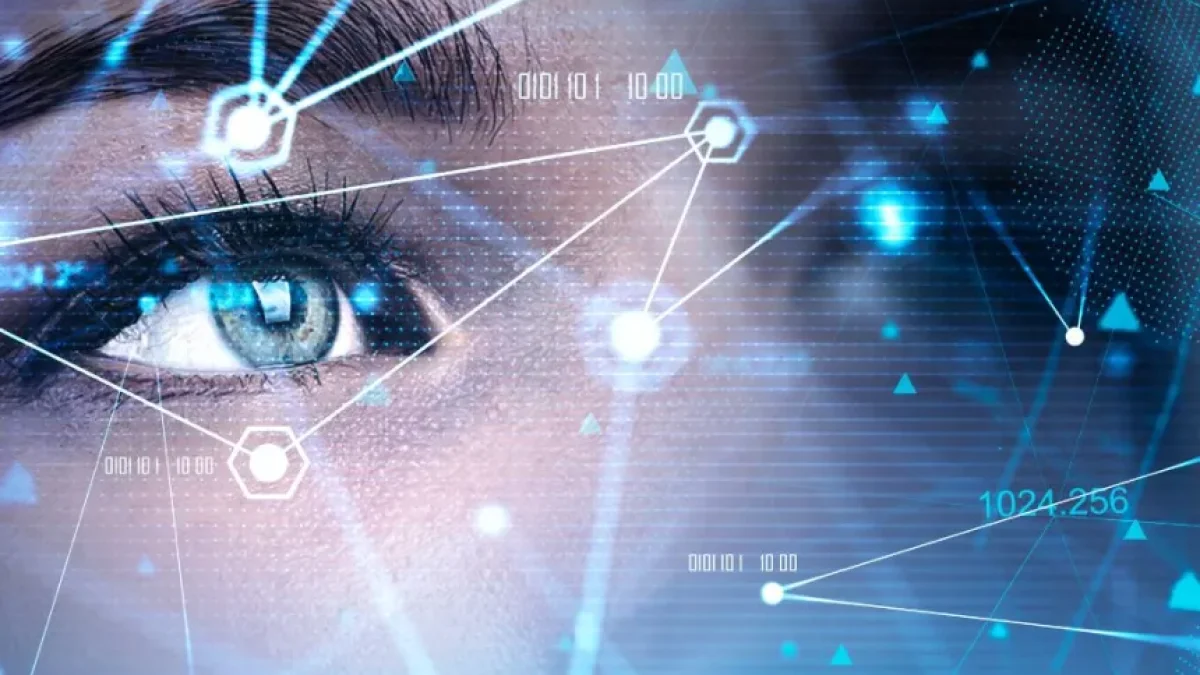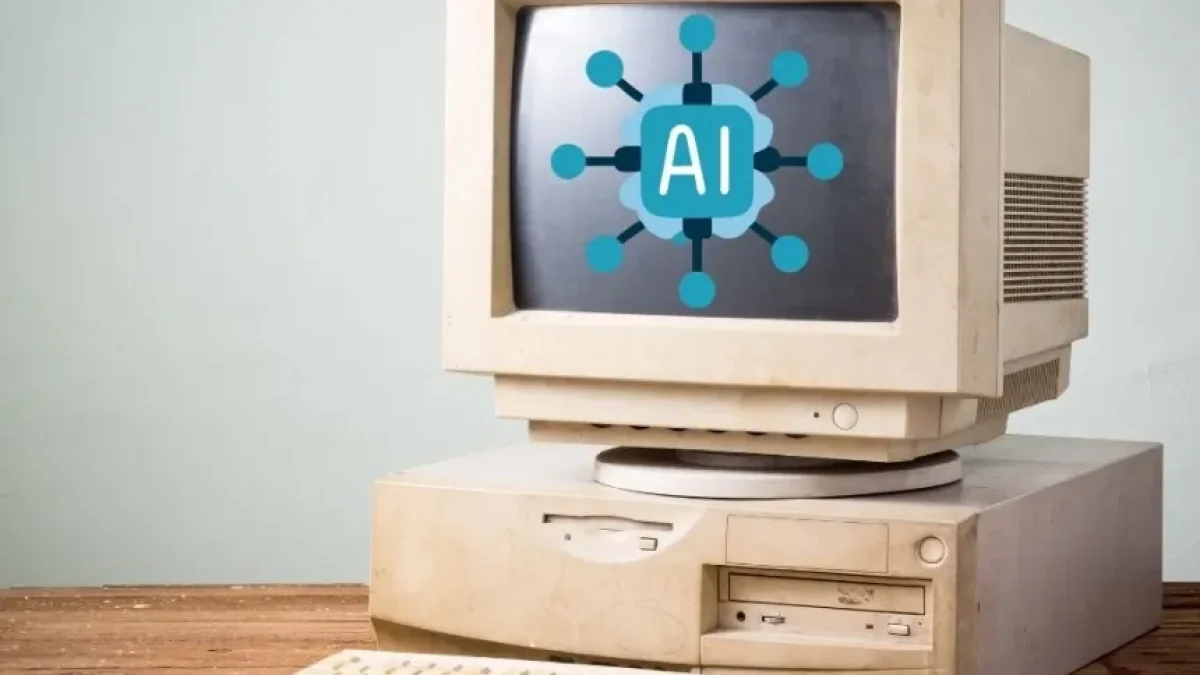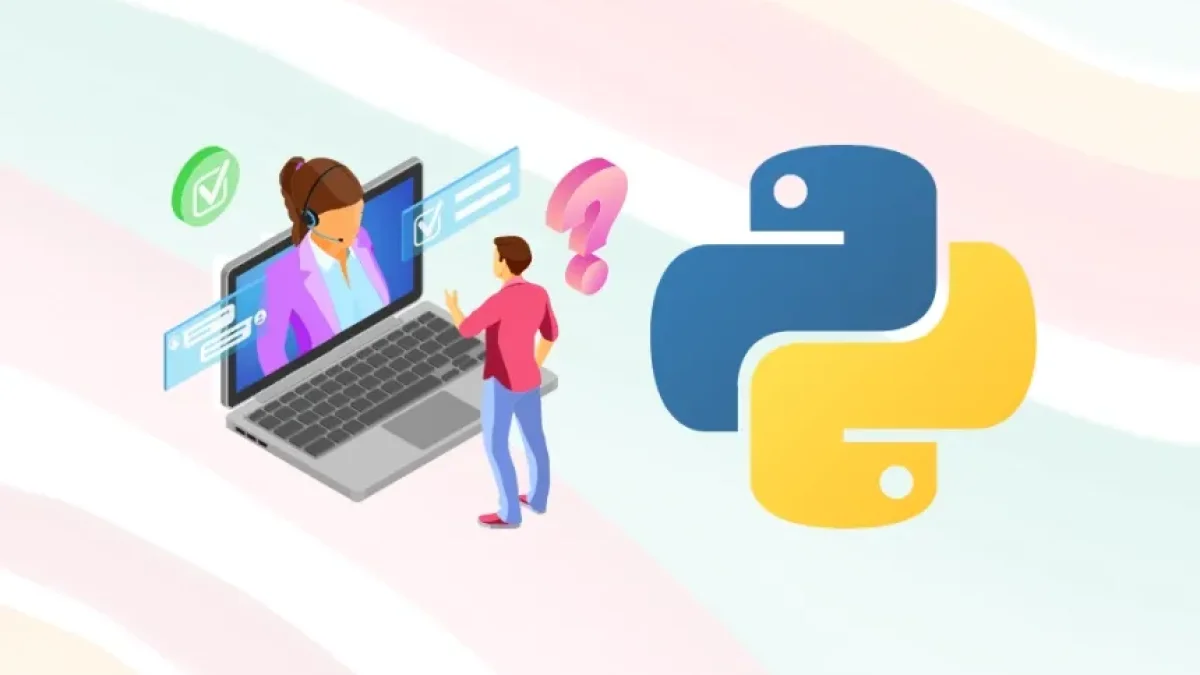The future of AI assistants and their emotional impact.


In the digital age we live in, artificial intelligence (AI) has begun to form an integral part of our lives. From assisting with daily tasks to interacting with advanced technologies, these systems are influencing the way we communicate and relate to one another. Recently, an episode of the podcast "Uncanny Valley" explored how AI assistants are evolving and what repercussions their development may have on our emotions.
The Evolution of AI Assistants
AI assistants are designed to make people’s lives easier by performing tasks such as reminders, schedule management, and information retrieval. However, their evolution has led to a new stage where these systems not only respond to commands but also interact in a more human-like manner.
More Natural Interaction
AI developers are incorporating aspects of language and communication that were previously exclusive to humans, making interaction with these assistants increasingly natural. With the ability to recognize and respond to human emotions, these systems are beginning to offer more meaningful emotional support, which may result in a stronger bond between the user and the machine.
Read also
Emotional Impact on Users
As AI assistants become more sophisticated, concerns arise about their emotional impact on users. On one hand, the ability of these technologies to understand and respond to emotions could help people feel less lonely, providing a type of companionship that, while artificial, can be comforting.
Possible Negative Effects
However, negative effects may also arise. Emotional dependence on these tools could affect the quality of human relationships. It is likely that some people will begin to prefer interaction with an AI assistant over interaction with others, which could lead to social isolation. This change in human behavior raises questions about what the balance between technology use and personal interaction should be.
Ethics in AI Development
As technology advances, ethics in the development of AI assistants becomes a central topic. It is necessary to consider how these systems are programmed to recognize and respond to emotions. Manipulating AI responses to make them more empathetic can create an ethical dilemma: Is it ethical to design a machine that can emotionally influence a human being?
Read also
Considerations for the Future
The future of AI assistants will also depend on how society chooses to approach them. It is essential that developers consider not only technical capabilities but also the impact these tools may have on people's emotional lives. The slippery slope between utility and emotional risk could define how we relate to machines in the years to come.
Conclusion
The advancement of AI assistants promises to transform our lives by offering a closer and more emotional interaction. However, it is crucial to reflect on how these changes will affect our human nature and interpersonal relationships. As technology continues to develop, it will be important to be aware of the ethical and emotional challenges that may arise.
If you would like to keep reading more news of a similar style, I invite you to visit my blog to stay informed about the latest trends in technology and how they affect our everyday lives.



















